Indigenous Governance Database
business development
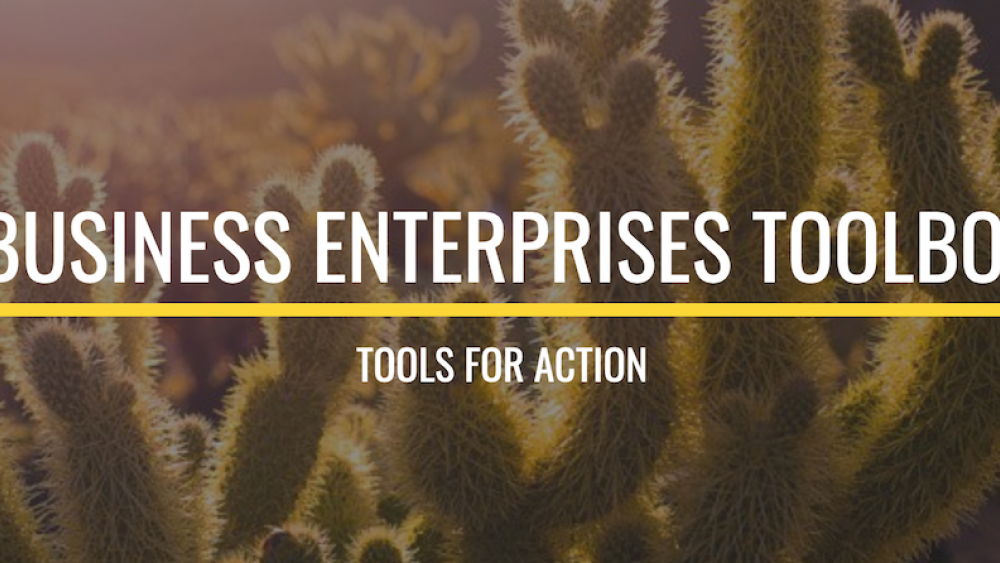
Business Enterprises Toolbox
What do successful businesses and economic development look like in a Native nation? Find out with case studies and research reports on successful and awarded efforts from around the world. Understand how to build and implement business codes, launch your own Limited Liability Company (LLC) and a…
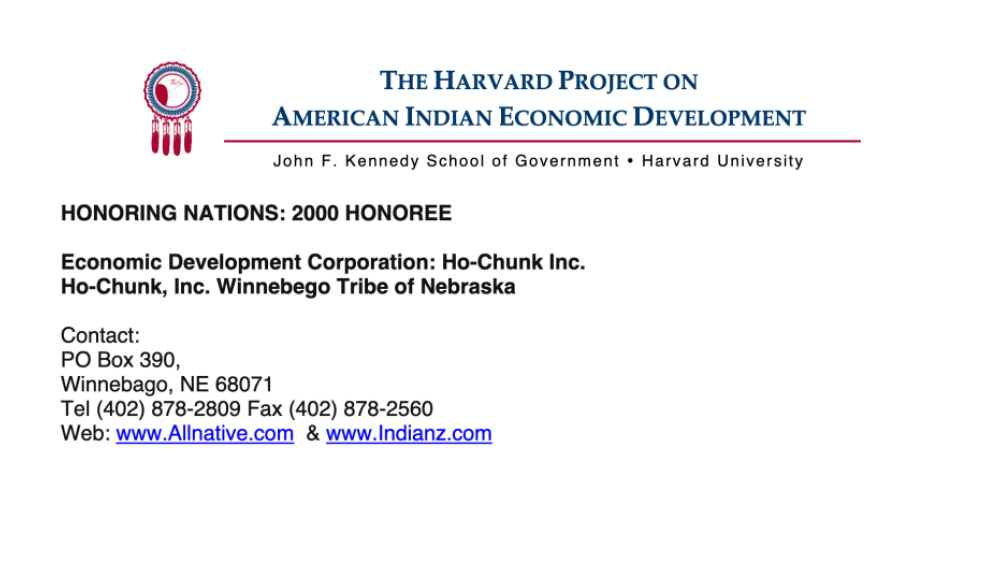
Economic Development Corporation: Ho-Chunk, Inc. Winnebego Tribe of Nebraska
Chartered under the laws of the Winnebago Tribe and wholly owned by the Tribe, Ho-Chunk, Inc. was launched in 1994 to diversify the Tribe’s business interests while maintaining a separation between business and tribal government. The general purpose company promotes economic self-sufficiency and…
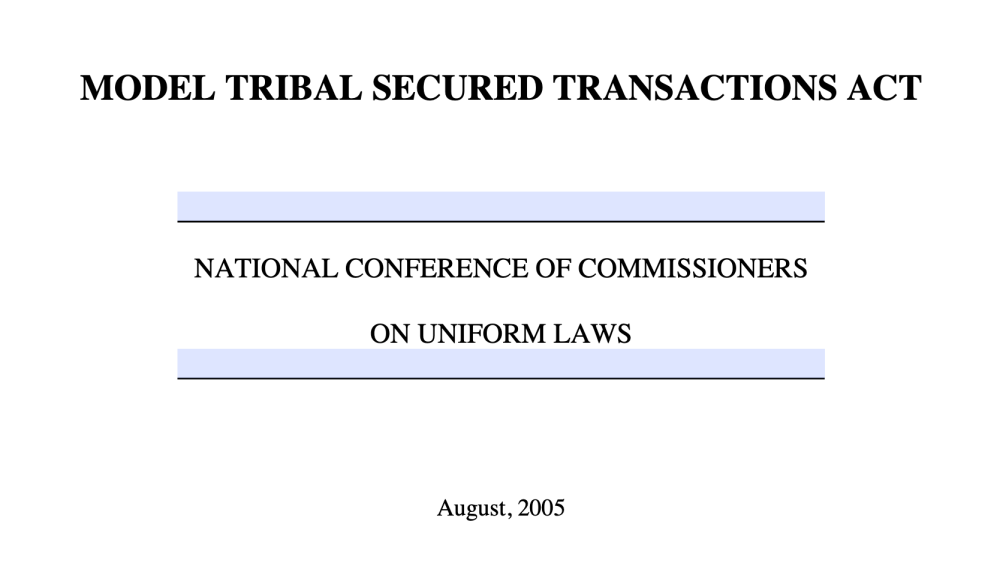
Model Tribal Secured Transactions Act
The Model Tribal Secured Transactions Act (MTSTA) is based on the Uniform Commercial Code's (UCC) Article 9 and provides a legal framework for promotion of private business via secured transactions. A secured transaction occurs when a loan is issued and personal property, not real estate, is used…
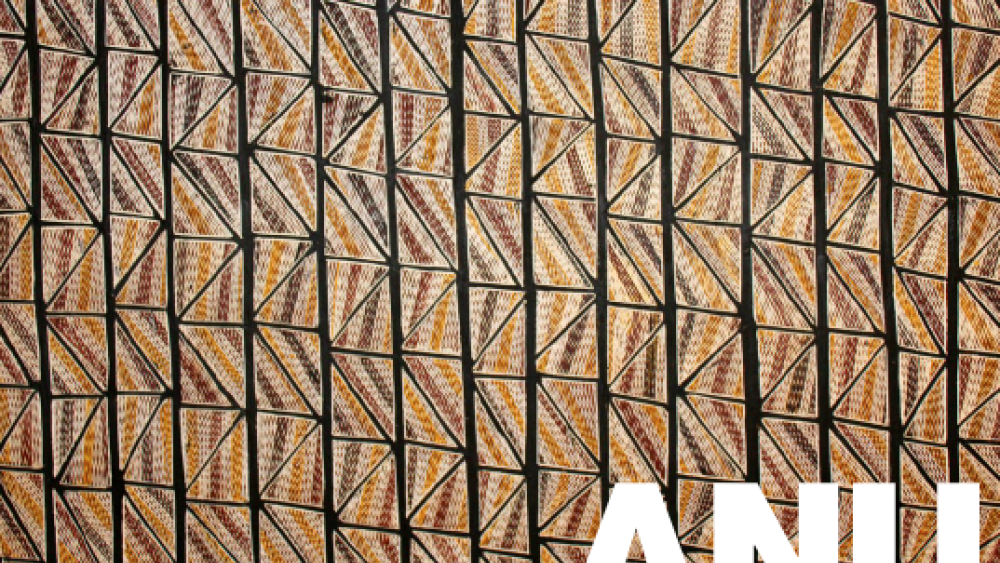
Ongoing growth in the number of Indigenous Australians in business
In 2014, Boyd Hunter attempted to provide a consistent estimate of the growth in Indigenous self-employment between 1991 and 2011. Changes in the census questionnaire structure and sequencing means that projecting the growth trends back to 1991 is now problematic. This paper provides a more refined…
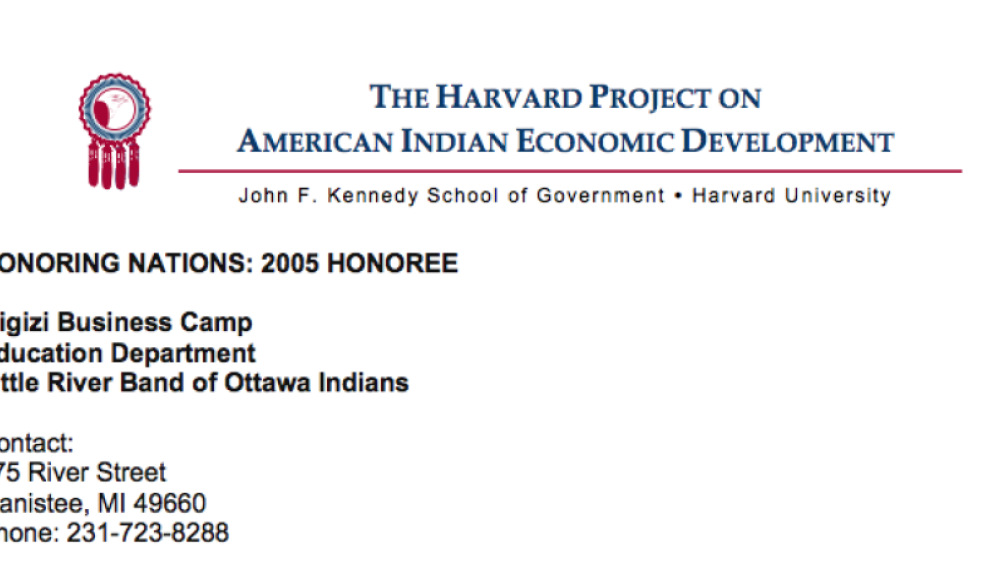
Migizi Business Camp (Little River Band)
In 1994, after 120 years of struggle, the Little River Band of Ottawa Indians finally re-obtained federal recognition. Ever since, tribal priorities included strengthening self-governance and the tribal economy. Their economic strategy followed two paths: the development of tribal enterprises and…
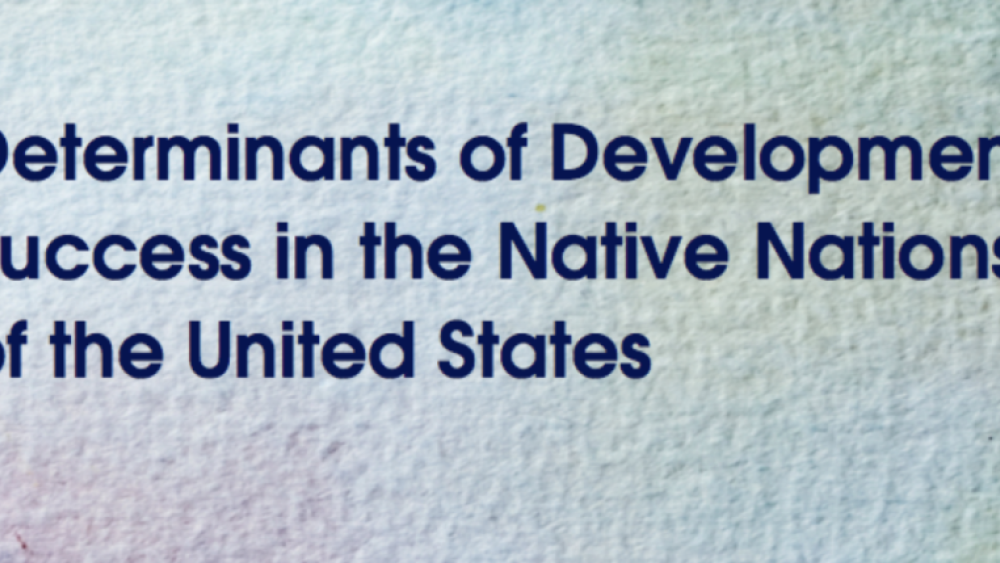
Determinants of Development Success in the Native Nations of the United States (English)
The poverty of indigenous North Americans, especially those living on reservations, has concerned Indian and federal policymakers for more than a century. After the treaty making phase and the establishment of the reservation system, federal policies to address Native poverty vacillated between…

Social and Economic Consequences of Indian Gaming in Oklahoma
Much has been written in the mainstream press about Indian gaming and its impact on Indian and non-Indian communities. The debate, however, tends to be focused on Class III or “casino-style” gaming. The effects of Class II gaming have largely been overlooked by the press and, unfortunately, by the…
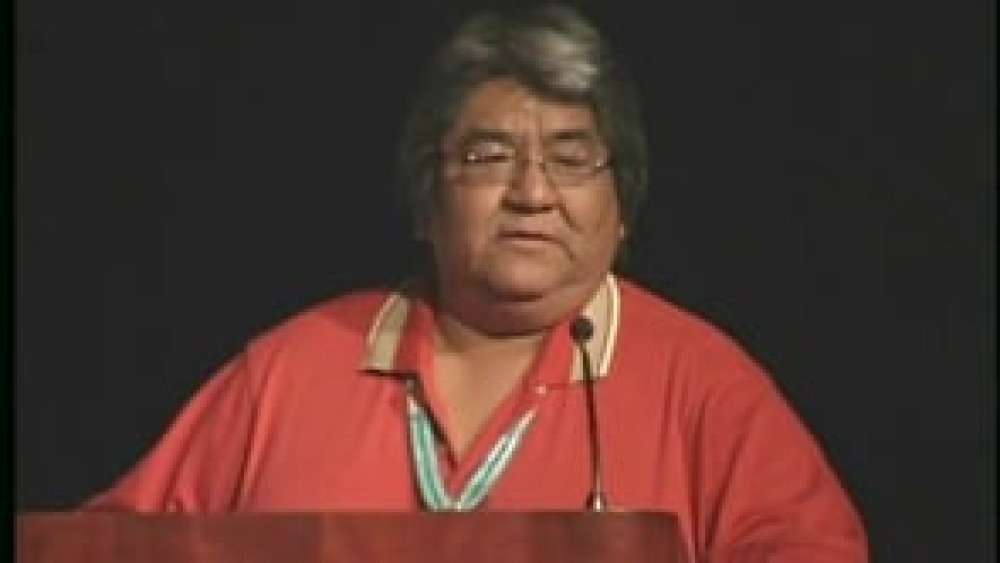
Honoring Nations: Cedric Kuwaninvaya: The Hopi Land Team
Former Chairman of the Hopi Land Team Cedric Kuwaninvaya presents an overview of the tribal subcommittee's work to the Honoring Nations Board of Governors in conjunction with the 2005 Honoring Nations Awards.
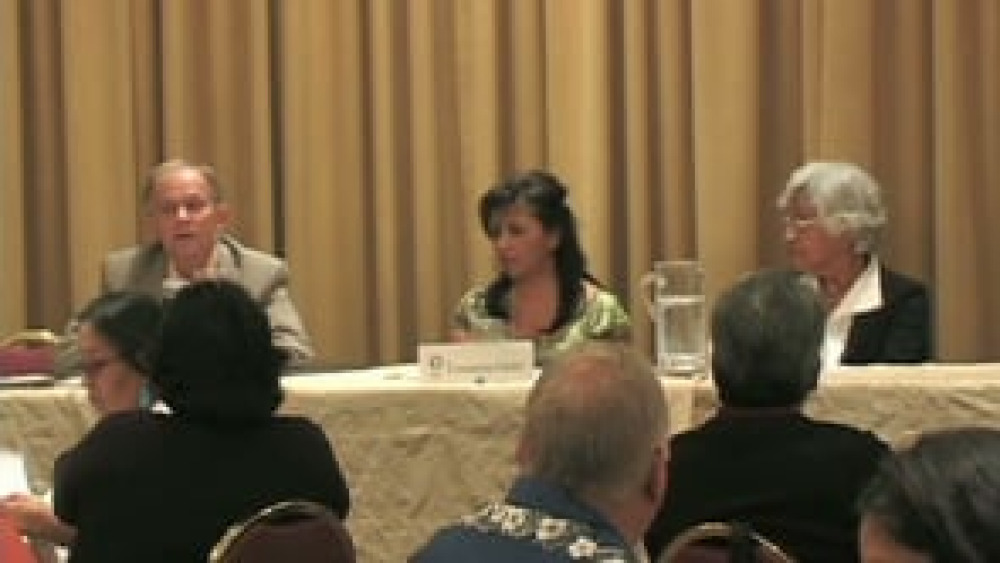
Honoring Nations: Tom Hampson: Native Asset Building (Q&A)
ONABEN Executive Director Tom Hampson fields audience questions about ONABEN's work and strategies for cultivating entrepreneurship in Indian Country.
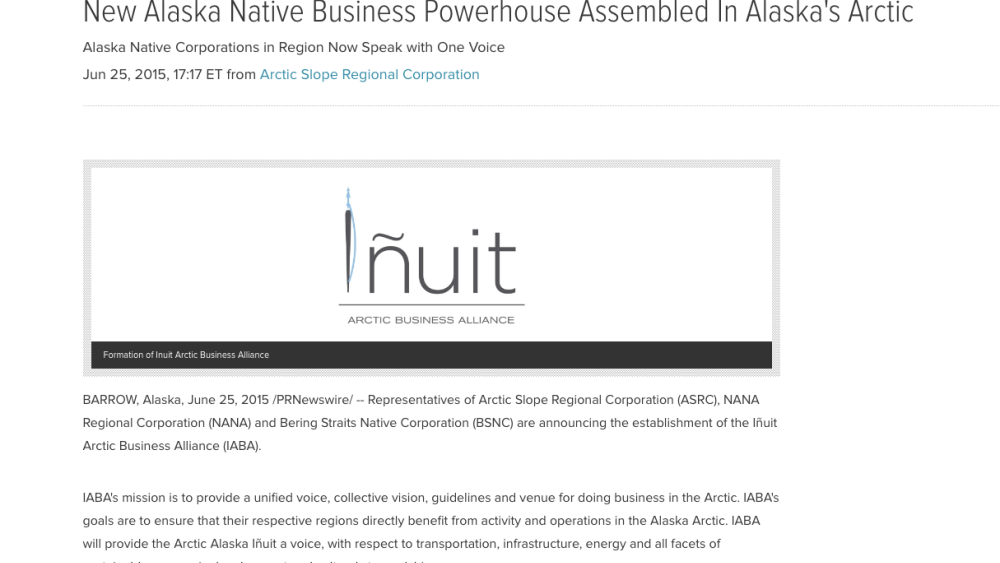
New Alaska Native Business Powerhouse Assembled In Alaska's Arctic
Representatives of Arctic Slope Regional Corporation (ASRC), NANA Regional Corporation (NANA) and Bering Straits Native Corporation (BSNC) are announcing the establishment of the Iñuit Arctic Business Alliance (IABA).IABA's mission is to provide a unified voice, collective vision, guidelines and…

Cutting Edge Tech on the Rez
Bigger isn’t always better. Arizona’s Tohono O’odham Nation covers some 2.8 million acres, only a small portion of which is occupied by the successful San Xavier District’s Hi:kdan Business Park. The tribally chartered, Native-owned private business operates under the banner: “Moving Forward with…
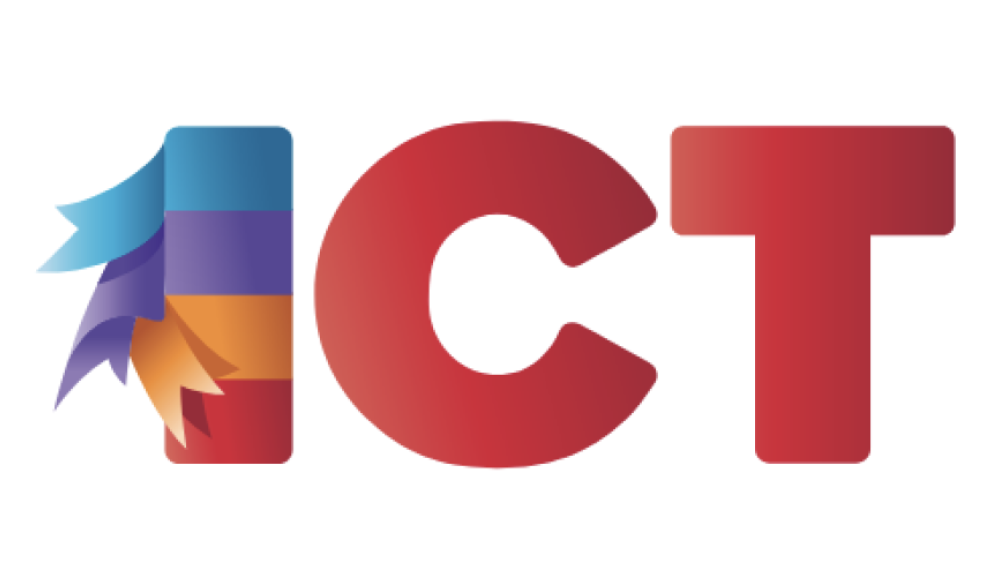
Cherokee Nation Raises Tribal Minimum Wage, More Than $2 Above Federal
Cherokee Nation Principal Chief Bill John Baker signed an executive order on February 21 raising the Cherokee Nation’s minimum wage to $9.50 over the next two years. The current Cherokee Nation minimum wage stands at $9 per hour, already well above the federal minimum wage of $7.25 per hour...
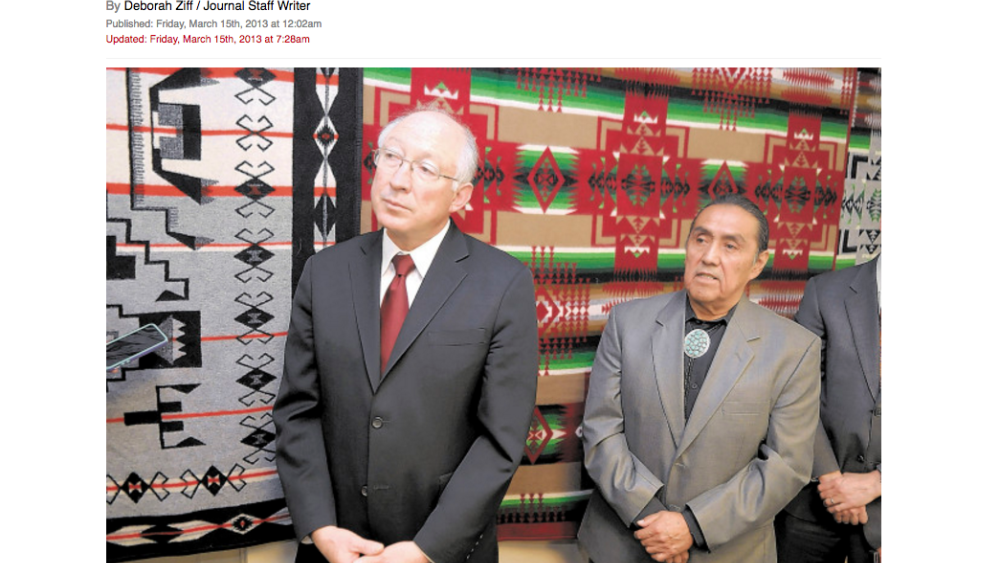
A 'historic day' at pueblo
Secretary of Interior Ken Salazar called it a “historic day” as he signed regulations at Sandia Pueblo on Thursday morning that will allow the tribe to lease land without federal approval. The pueblo is only the second tribe in the country to take advantage of a law, called the HEARTH Act (Helping…
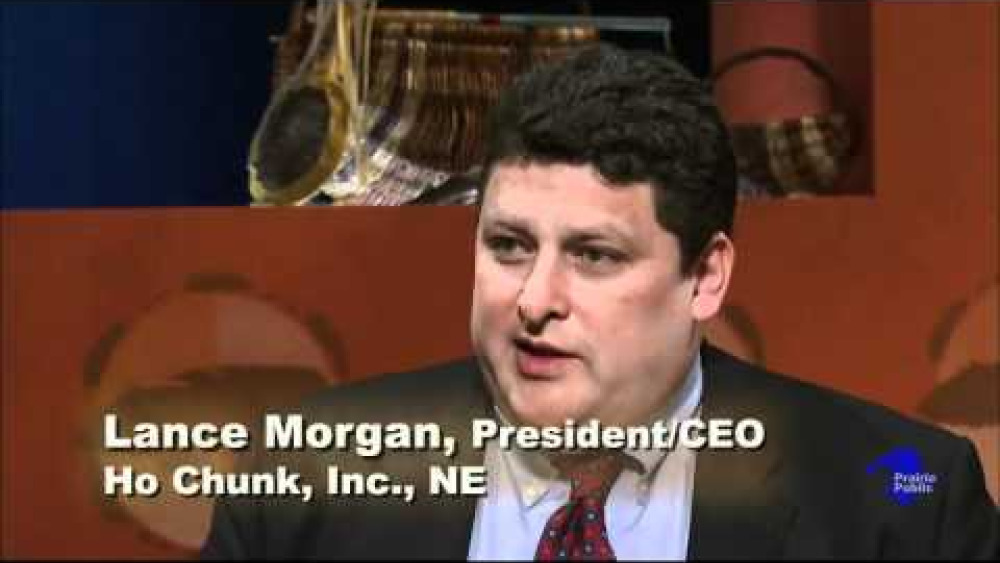
Indian Pride: Episode 108: Economic Development
This episode of the "Indian Pride" television series, aired in 2007, explores the economic development efforts of selected Native nations cross Indian Country. It also features an interview with Lance Morgan, CEO of the Winnebago Trib'es Ho-Chunk, Inc., who provides an overview of the evolution of…
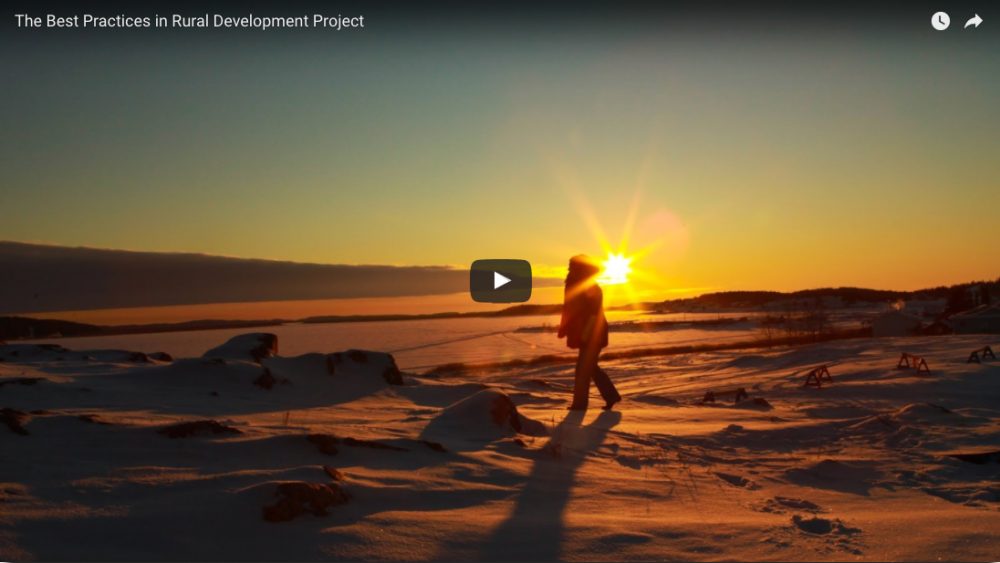
The Best Practices in Rural Alberta Project
The Best Practices in Rural Alberta Project culminated in September 2012, after two and a half years of community engagement; research into the examination of leadership strengths and practices; incredible youth development; and video capture in preparation for a documentary film. This documentary…
